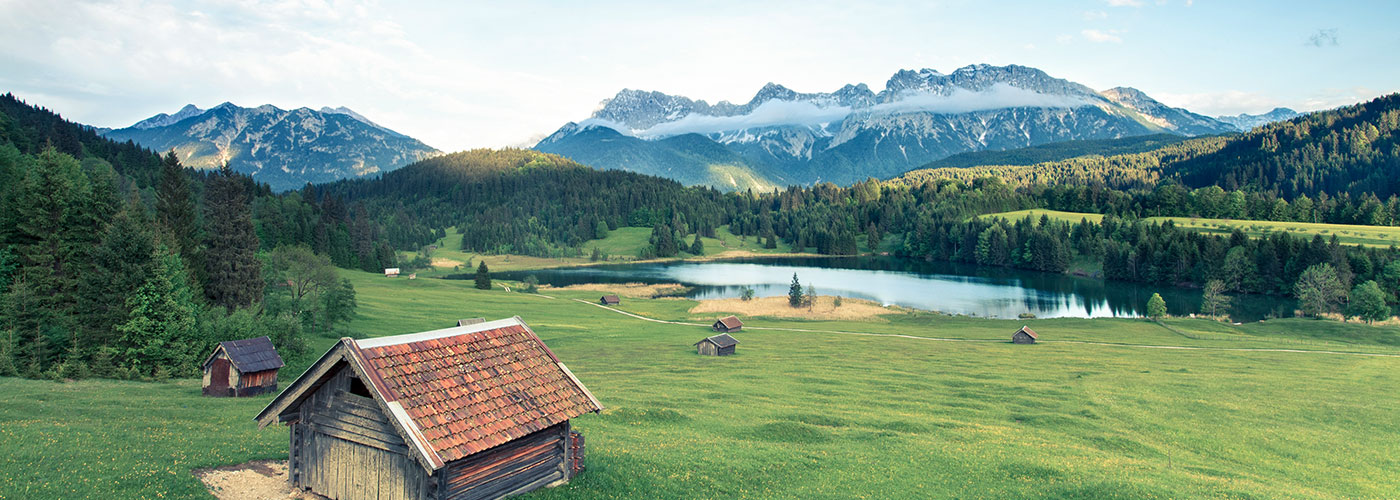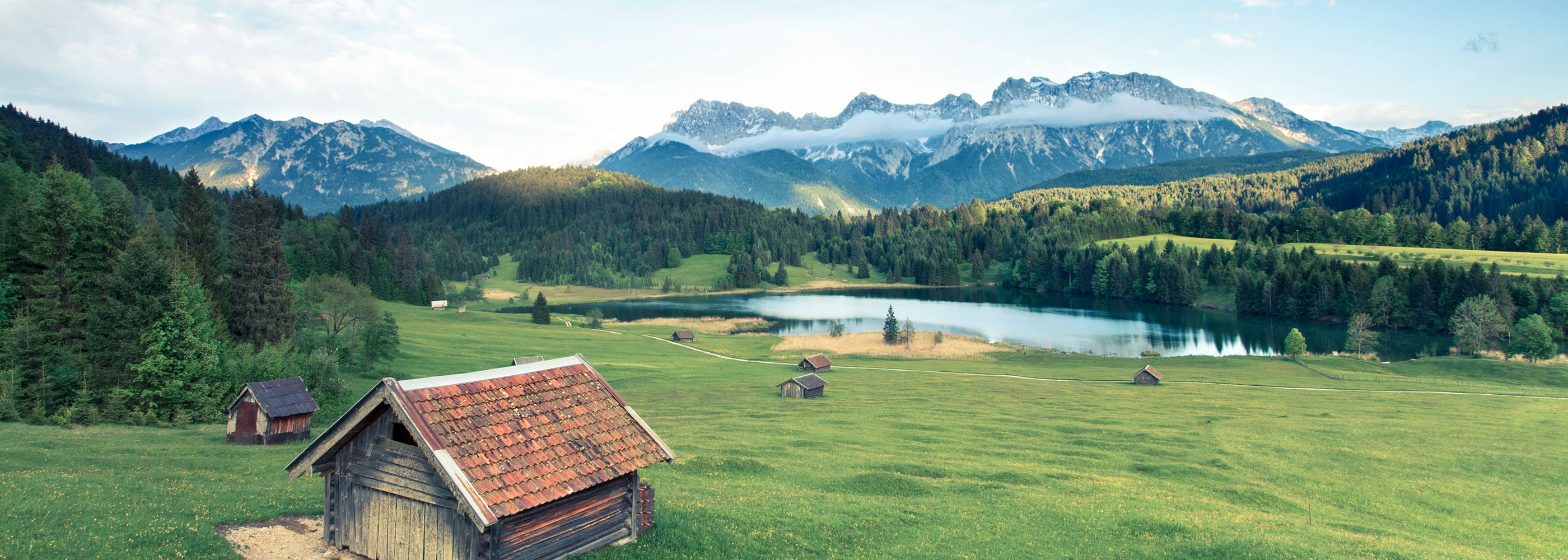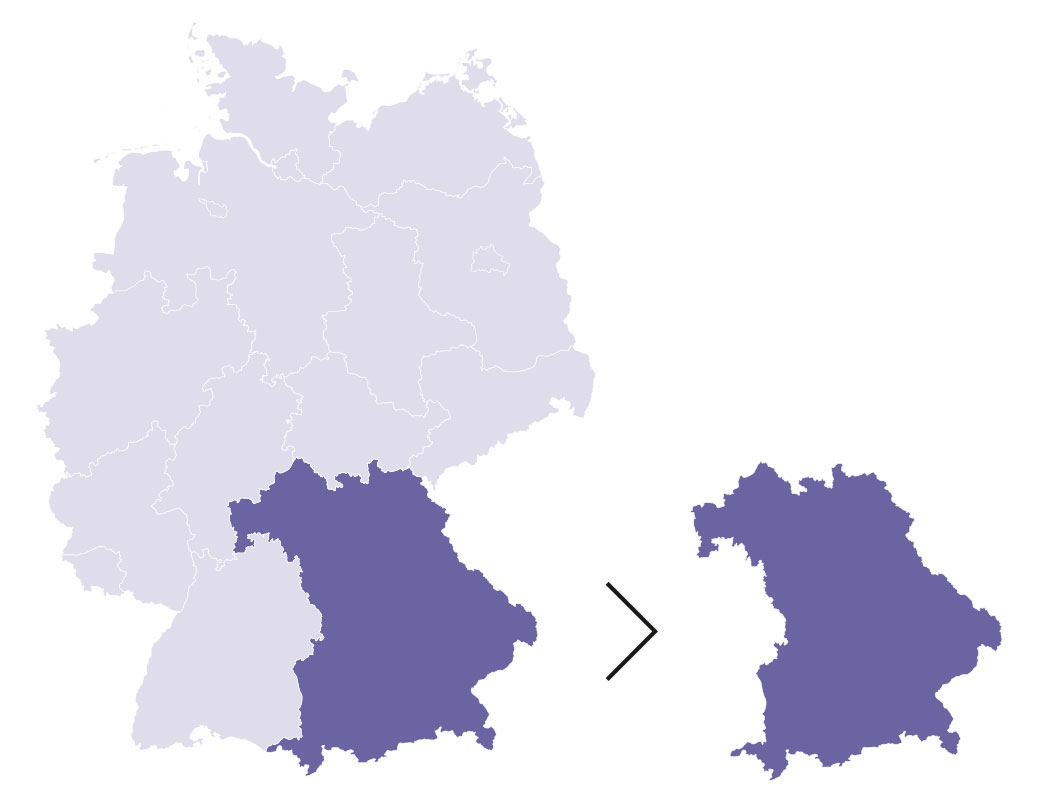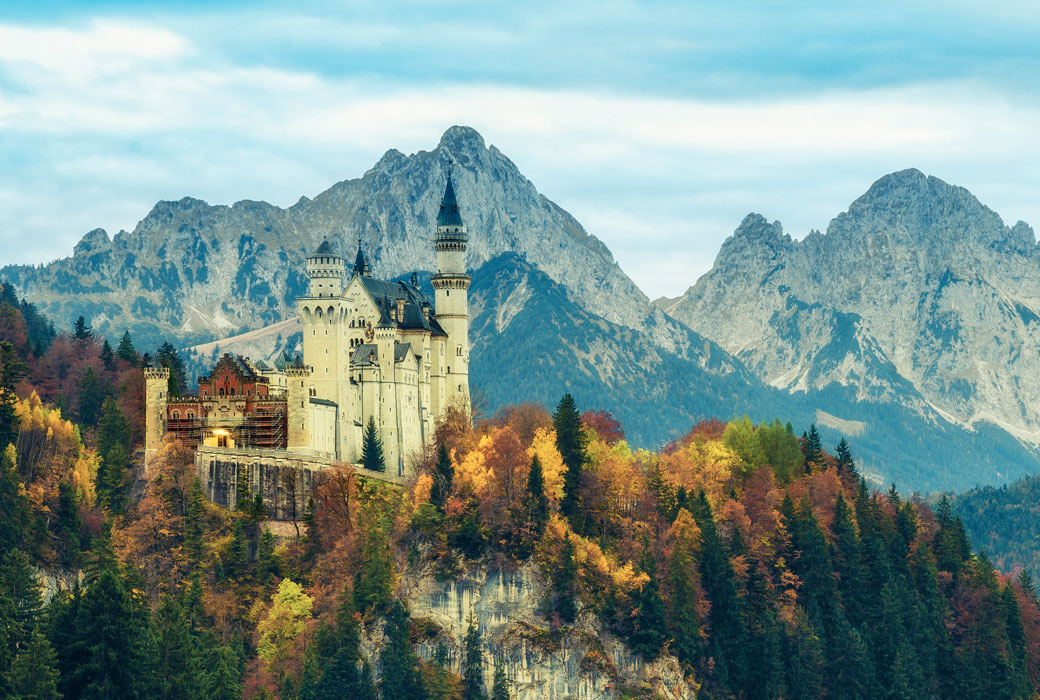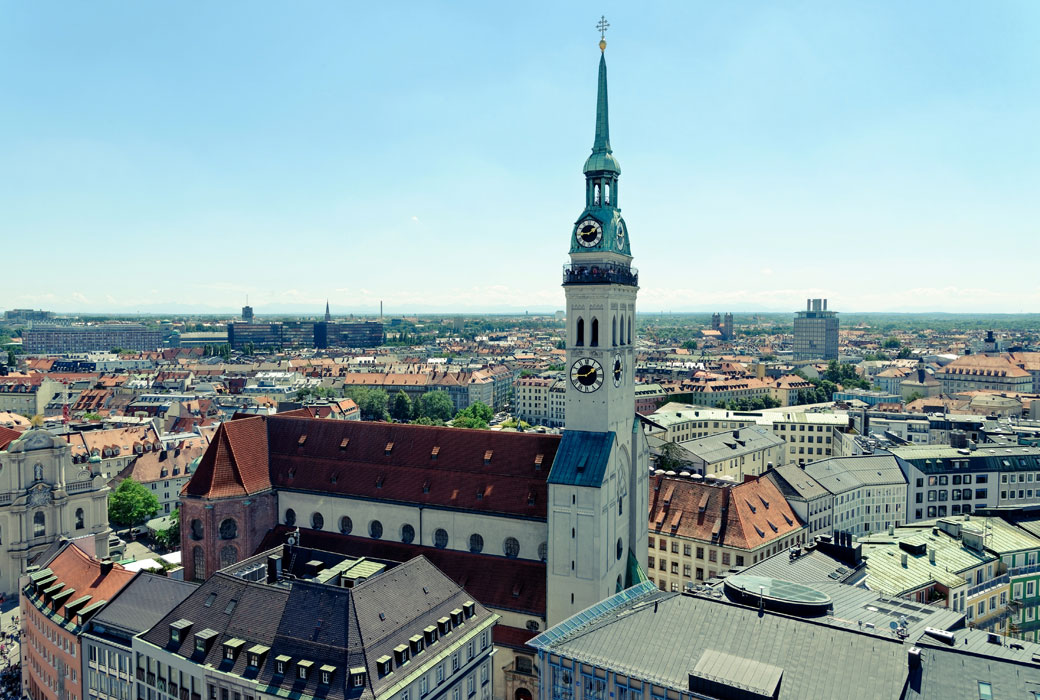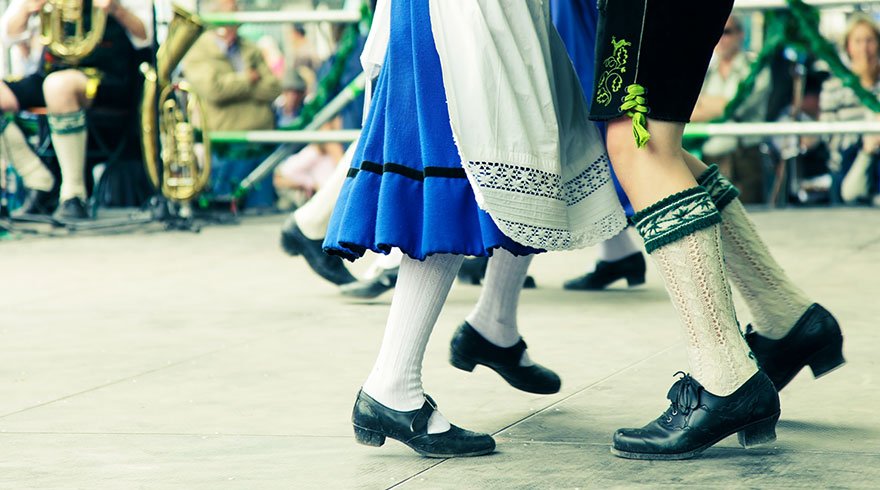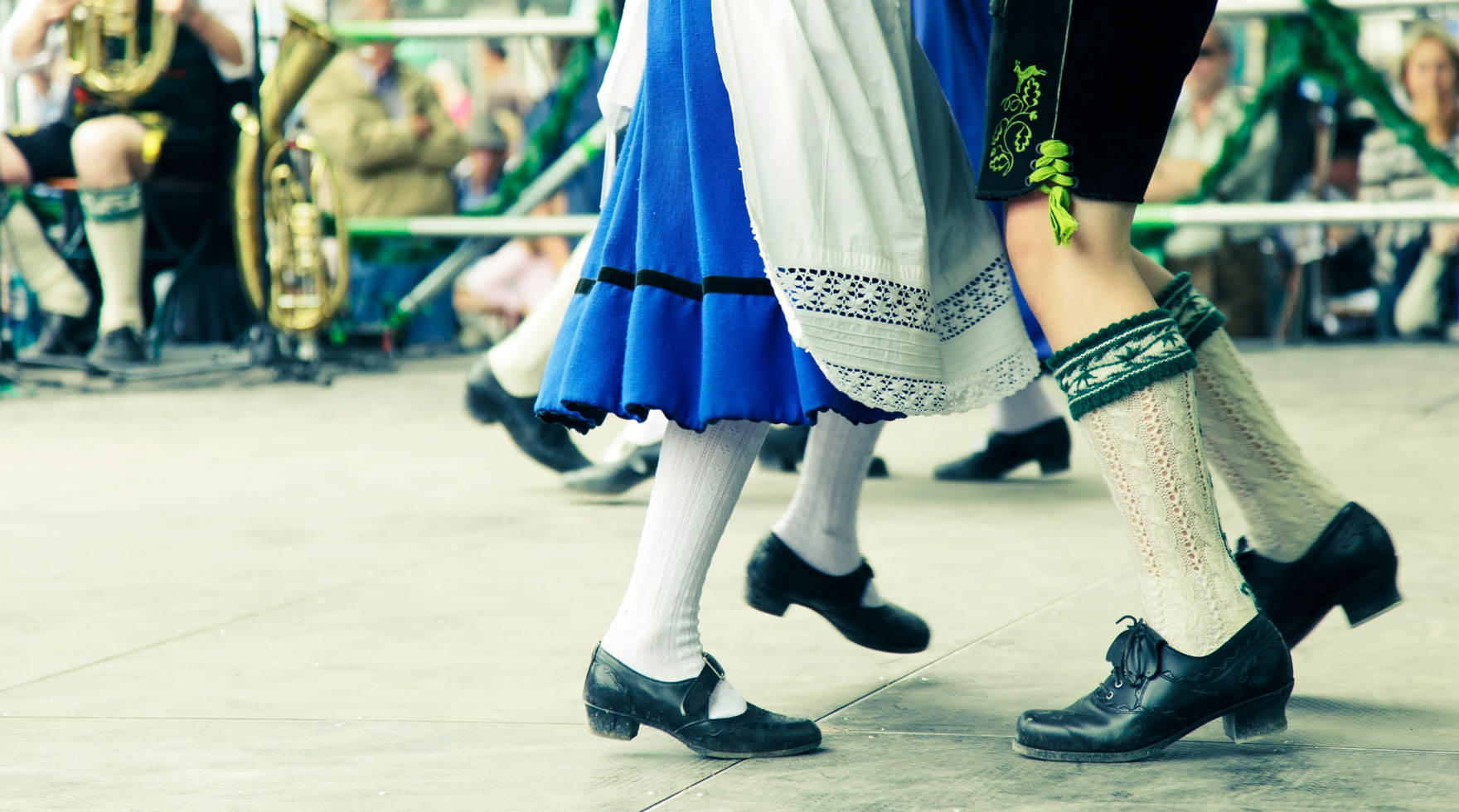
Main content
Welcome, Servus and Grüß Gott
Bavaria is hospitable, cosmopolitan, economically successful and has a keen sense of social responsibility. Every year countless people are drawn to Bavaria from all over the world. Many want to spend their holidays here and enjoy the culture, while others hope to find a new home.
Bavaria: a federal state of Germany
Around 83 million people live in Germany in 16 federal states. Bavaria is a German state in the south-east of the republic that borders Austria, Switzerland and the Czech Republic. The state capital of Bavaria is Munich. Bavaria is the largest German state, covering an area of more than 70,500 square kilometres. Around 13 million people live here, of whom around 3 million have a migration background.
Political system in the Federal Republic of Germany
The Federal Republic of Germany is a republic of federal states. 16 federal states have joined together to form one common government. The head of this federal government is the Chancellor of the Federal Republic of Germany. The current Chancellor of the Federal Republic of Germany is called Olaf Scholz. He holds the most important office in Germany. The federal government comprises ministers from the various federal ministries. The parliament elected by the entire German population is called the German Bundestag. The members of the Bundestag issue federal German laws together with the state representatives in the Bundesrat – the parliament of the state governments.
The German constitution is called the “Basic Law for the Federal Republic of Germany”. The Basic Law defines the most important systems and values in the federal republic. It stands above all other German laws and standards.
The federal government has various different responsibilities. However, the 16 federal states are themselves responsible for many important areas and take their own political decisions. Therefore, most political structures such as parliament, courts, ministers and governments exist at both a federal and a state level. The federal government issues federal legislation to regulate those issues affecting the whole of Germany, while the federal states issue laws for areas that come under their responsibility at the level of the individual federal state, e.g. Bavaria.
Bavaria has its own state government with state ministers, an elected state parliament, the Bavarian Landtag, its own state constitution and state laws. Just like all other federal states, Bavaria is able to act independently and issue its own laws.
The head of the Bavarian government is called the Minister President. The current Minister President is called Dr. Markus Söder.
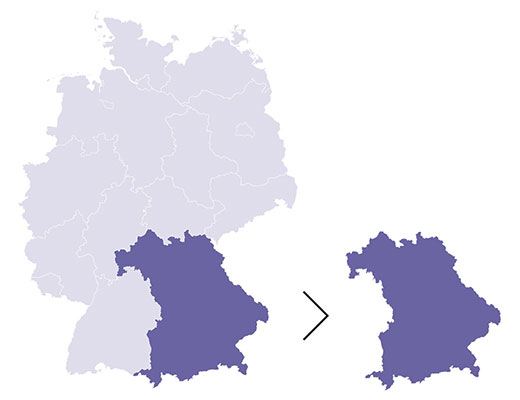
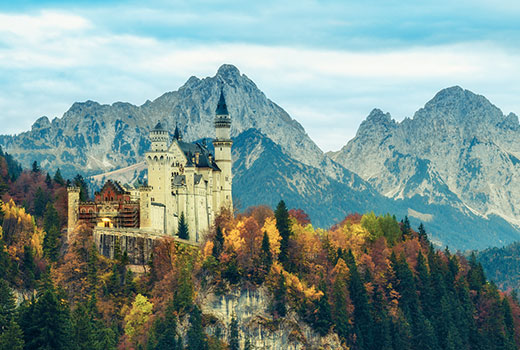
Understanding Bavaria
Many people in Bavaria speak a dialect, whereby there are many different types of dialect: Upper and Lower Bavarian, Swabian, Upper Palatinate or Franconian dialects. Bavaria is a hospitable and traditional federal state. The Bavarian economy ranks amongst the best in the world. Unemployment is low in Bavaria and the standard of living is high. Due to its beautiful landscape with large forests, many meadows and lakes, the Bavarian Alps, the diverse range of regional cuisines and enduring traditions and customs, Bavaria is also a popular holiday destination for tourists from around the world.
Fundamental freedoms and human rights
Fundamental freedoms and human rights are written down in the German Basic Law and can also be found in the Bavarian Constitution. Common values and tolerance form the basis for enabling people from different backgrounds to live together successfully in Bavaria. The German Basic Law states: “No person shall be favoured or disfavoured because of sex, parentage, race, language, homeland and origin, faith, or religious or political opinions. No person shall be disfavoured because of disability.” The German Basic Law and the Bavarian Constitution with their irrevocable fundamental freedoms and human rights such as equal rights, equality before the law, freedom of religion, freedom of assembly and freedom of expression form the foundations of our society.
Beliefs and religion
Alongside freedom of religion, the separation of state and religion is also a basic principle. There is no state religion. All religious communities must observe the state laws. This is why people from different religions can live together peacefully here. Around two thirds of the Bavarian population are Christian. Most of them belong to the Roman Catholic Church or the Evangelical Lutheran Church. A third of the Bavarian population belong to a different religion or do not identify with any religion at all.
Freedom of religion is a basic right
Freedom of belief and religion is a guaranteed basic right in the Bavarian Constitution and the German Basic Law. Everyone can decide what faith they want to follow. Nobody can be forced to follow a religion or ideology. And this also applies to religious practice:
there are people in Bavaria that regularly pray and go to church and there are just as many people who do not do these things.
Churches fulfil many important tasks
The Christian faith is firmly rooted in Bavarian society and its politics. Christian values are part of the Bavarian identity and characterise the moral values and traditions followed here. Many of the public holidays have a religious background. The Christian churches carry out important social and community tasks. They are, for example, often responsible for providing nurseries, hospitals or social services. Their employees also look after sick and old people, as well as those people with disabilities. The churches in Bavaria also play an important role in assisting refugees and integrating people with a migrant background.
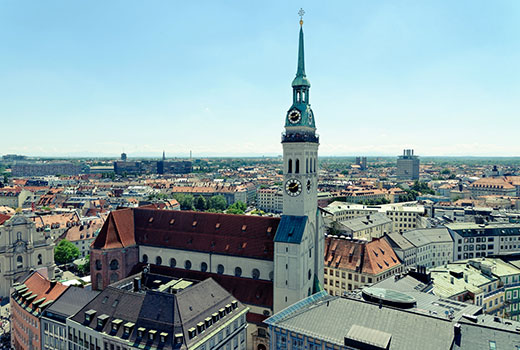
Typically Bavarian
Some typically Bavarian highlights include the Oktoberfest and the Chistkindlmarkt through to high-tech businesses, or Castle Neuschwanstein and the Würzburg Residence through to beer gardens.
Munich Oktoberfest
The Munich Oktoberfest is the largest public festival in the world, with around 6 million visitors per year. People from around the world celebrate in huge beer tents holding up to 10,000 seats. The breweries in Munich even brew a special beer for the Oktoberfest.
Nuremberg Christkindlesmarkt
The Nuremberg Christkindlesmarkt is one of the oldest Christmas markets in Germany. It has been held since the 16th century. It is one of the largest Christmas markets in Germany, with more than two million visitors, and one of the best known in the world.
Traditional clothing (Trachten)
Maintaining the various traditional types of clothing is part of the culture. Trachten are traditional clothes worn in a certain region or location or by members of individual sections of the population or professions. Typical clothing includes, for example, Dirndl and leather trousers in the Upper Bavarian Alpine Uplands. There is also a large range of different Trachten in Franconia, including, for example, richly embroidered velvet skirts or the three-cornered Franconian hat. Most people do not wear this type of clothing in everyday life nowadays. Yet this regional clothing is still worn with pride on special occasions, public holidays or at weddings.
Traditions and customs
Traditions and customs are hugely important in Bavaria and are an inherent part of Bavarian culture. Customs differ depending on the region. In Old Bavaria (Upper Bavaria, Lower Bavaria, Upper Palatine), one of the most popular traditions is, for example, erecting a maypole. A maypole is a high tree trunk often painted in the Bavarian colours of white and blue erected in the centre of a village or a town on 1st May and accompanied by a large celebration with music and dancing. In autumn, the Almabtrieb (cattle drive) in the Allgäu Alps is a very special experience. The cattle that have spent the summer in the Alps are brought back to the valley at this time. They are usually festively decorated to mark the occasion.
Countryside and nature
Bavaria is also known as the land of lakes and mountains. The Bavarian Alps, Bavarian Forest and the Fichtel Mountains attract millions of skiers and hikers to the mountains every year. People like to spend their leisure time in the middle of nature at one of the many lakes in the Alpine Uplands or the Franconian Lake District on hot summer days.
Beer & the Bavarian purity law
Bavarian beer is popular around the world. There are more than 600 breweries in Bavaria that brew their beer according to the Bavarian purity law from 1516. The only ingredients allowed are hops, barley and water.
Beer gardens
Bavaria can boast some fantastic beer gardens. These outdoor gastronomic facilities are part of Bavarian culture. In the summer, people enjoy taking the opportunity in their free time to sit outdoors every now and again in good company with friends and acquaintances to enjoy a little food and drink.
Wine-growing in Franconia
Franconia is a very famous wine-growing region. The history of wine-growing in the region can be traced back to the 8th century. Small wine makers and family-run businesses primarily produce white wine but also increasingly red wine. Franconian wine is known for the special bulbous shape of the bottles – the so-called “Bocksbeutel”.
Economy and high-tech
Bavaria is one of the most successful industrial locations in the world. World-renowned automobile and technology companies are based in Bavaria. Medium and small-sized mechanical engineering companies and biotechnology companies, as well as handicraft companies, employ lots of people. Many Bavarian high-tech companies – whether small, medium or large in size – are global leaders in their fields. The Bavarian economy is in excellent condition and the unemployment rates are correspondingly low.
Palaces, churches, castles and gardens
Bavaria has a large number of historical sights such as Castle Neuschwanstein, Passau Cathedral and Walhalla near Regensburg. It can also boast numerous magnificent courtyard gardens, palace gardens and other interesting gardens. The English Garden in Munich is even larger then Central Park in New York, while the Garden Art Museum at the Fantaisie Palace near Bayreuth was the first of its kind in Germany.

